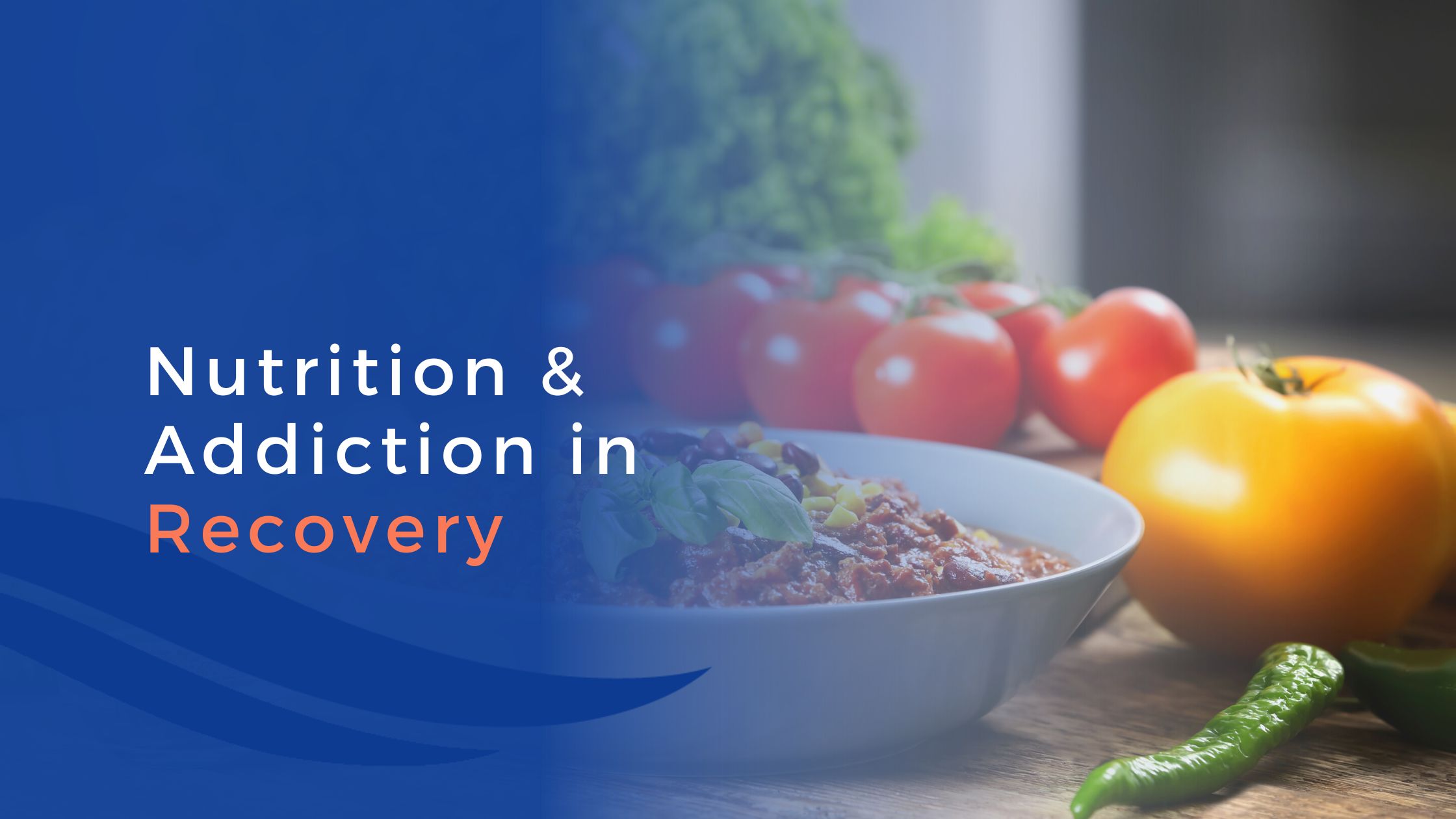Nutrition and Addiction Recovery


Written By
DreamLife RecoveryWhile healthy eating habits benefit everyone, they can be crucial to addiction recovery. Every addiction — no matter how long it lasted — can negatively affect the body as your systems work overtime to eliminate toxins. You can play an active role in your recovery by giving your body the fuel it needs to heal.
How Addiction Affects Nutrition
While every substance can affect the body differently, they are common in how they limit the body from receiving necessary nutrients. Any of the following symptoms can cause someone not to eat or to turn to unhealthy options:
- Loss of appetite: Some substances’ effects can cause an individual to lose their appetite or forget to eat.
- Poor eating decisions: Addiction cravings can turn someone toward unhealthy options like fast food, processed snacks or sweets.
- Organ damage: As long as the harmful substance is ingested, the body cannot take up proper nutrients because of the damage to nutrient breakdown and processing organs.
- Hypoglycemia: An inadequate diet can lead to low blood sugar levels.
- Gastrointestinal disorders: The GI tract is one of the first organ systems affected by harmful substances, and eventually, it cannot effectively take up or break down food’s nutrients.
Addiction Recovery Diet
Stocking the body full of the six major nutrients — vitamins, minerals, carbohydrates, fats and fatty acids, protein and water — can do wonders for a recovering body. These foods are full of them:
- Poultry and fish: These food groups contain the amino acid tyrosine, which helps produce more dopamine and norepinephrine. The body cannot process tyrosine when taking a harmful substance, so poultry and fish can help replenish your mood.
- Bananas: As a source of tryptophan — an amino acid — bananas can encourage healthy sleep through serotonin production while boosting potassium, vitamin B6 and vitamin C levels.
- Yogurt: Probiotics help repair your gut by building a healthy microbiome, and yogurt is full of them.
- Tofu: This food provides a low-calorie, low-fat protein that is easy to digest, helping the liver along the way.
- Berries: Whole foods packed with antioxidants — like blueberries and strawberries — can increase your body’s cleansing process, especially during detox and withdrawal.
- Beans: The amino acid L-glutamine can help reduce common sugar cravings during recovery. Other amino acid sources include beets, carrots, celery, papaya and eggs.
- Vegetables: This food category is broad but never fails. Vegetables provide vitamins, minerals, fiber and more for the body’s fuel during healing.
Get Started at DreamLife Recovery
Reorganizing your diet can be a challenging process — let us help! At DreamLife Recovery, we will walk alongside you throughout recovery, including helping you make better nutritional decisions. Contact us today.







